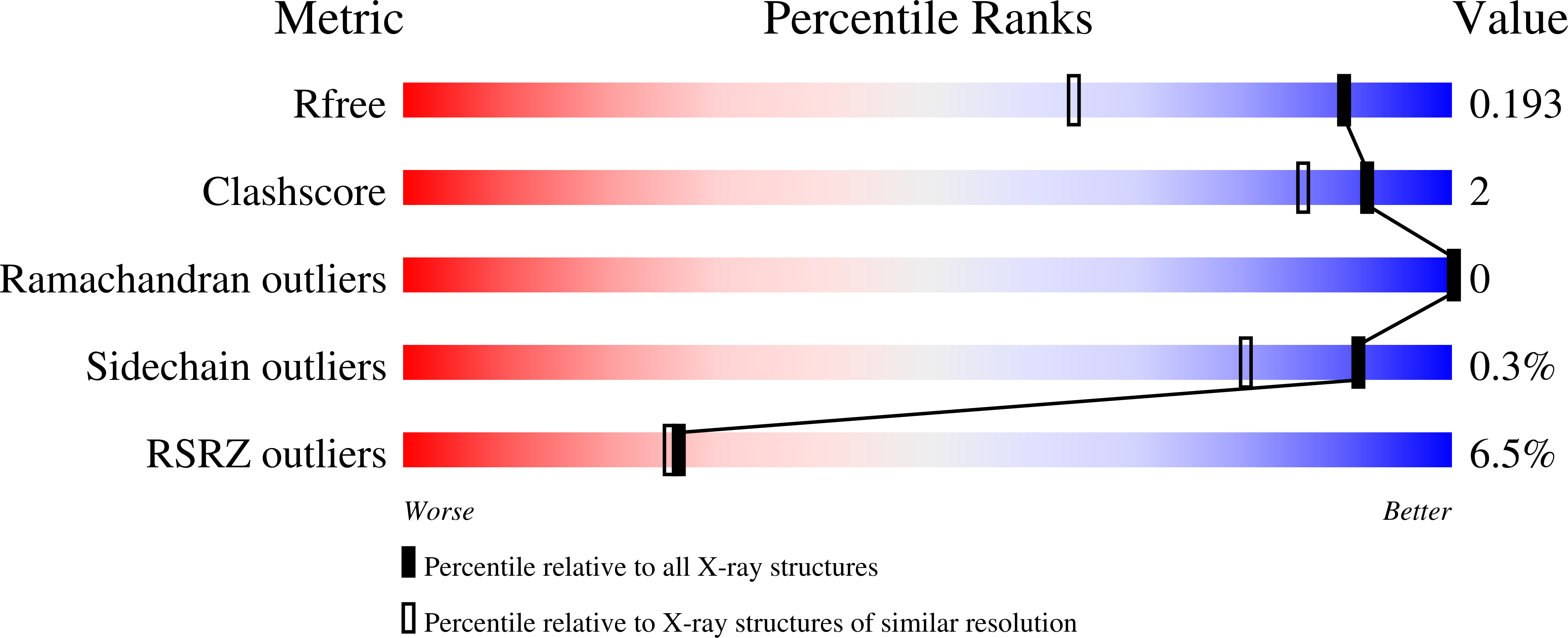
Deposition Date
2025-05-21
Release Date
2025-11-12
Last Version Date
2025-12-31
Entry Detail
PDB ID:
7IAW
Keywords:
Title:
Crystal structure of Zika NS2B-NS3 protease in complex with fragment EOS102818 from ECBL-96
Biological Source:
Source Organism(s):
Zika virus (Taxon ID: 64320)
Expression System(s):
Method Details:
Experimental Method:
Resolution:
1.45 Å
R-Value Free:
0.19
R-Value Work:
0.17
R-Value Observed:
0.17
Space Group:
P 43 21 2


